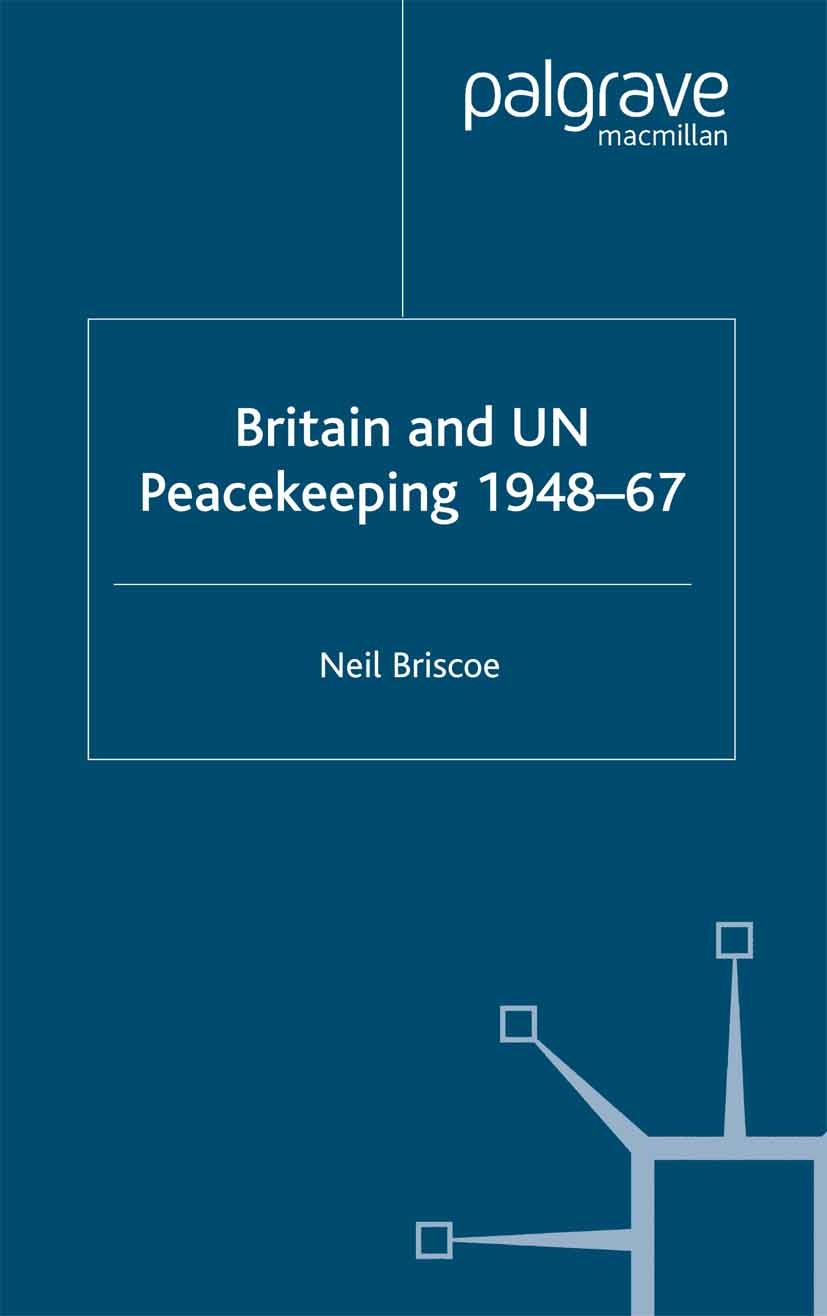| 期刊全称 | Britain and UN Peacekeeping | | 期刊简称 | 1948-67 | | 影响因子2023 | Neil Briscoe | | 视频video | http://file.papertrans.cn/191/190890/190890.mp4 | | 图书封面 |  | | 影响因子 | Britain was arguably the single greatest catalyst and beneficiary of UN peacekeeping operations during the post-war period. This book analyses the reasons for this, including the post-colonial conflicts which Britain handed the UN and its determination to ensure that peacekeeping evolved in a manner compatible with UK national interests. Despite initial ambivalence about letting the UN run military operations, Britain repeatedly used the organization, to shed colonial responsibilities, save face, share policing burdens, and stabilise conflicts in sensitive regions. This comprehensive survey first examines UK experience with antecedents of UN operations, notably 19th century colonial policing and missions set up under the League of Nations. It then analyses British efforts to influence, contain and exploit individual UN operations, including the Emergency Force established following the Suez Crisis (1956-67), the force in the Congo (1960-64), and the enduring operation in Cyprus (1967-). Also covered are several instances when British Governments preferred to intervene unilaterally, including in Jordan and Kuwait. One of the main contributions of the book is the detailed analysis of | | Pindex | Book 2003 |
The information of publication is updating

|
|
 |Archiver|手机版|小黑屋|
派博传思国际
( 京公网安备110108008328)
GMT+8, 2026-2-8 10:35
|Archiver|手机版|小黑屋|
派博传思国际
( 京公网安备110108008328)
GMT+8, 2026-2-8 10:35


